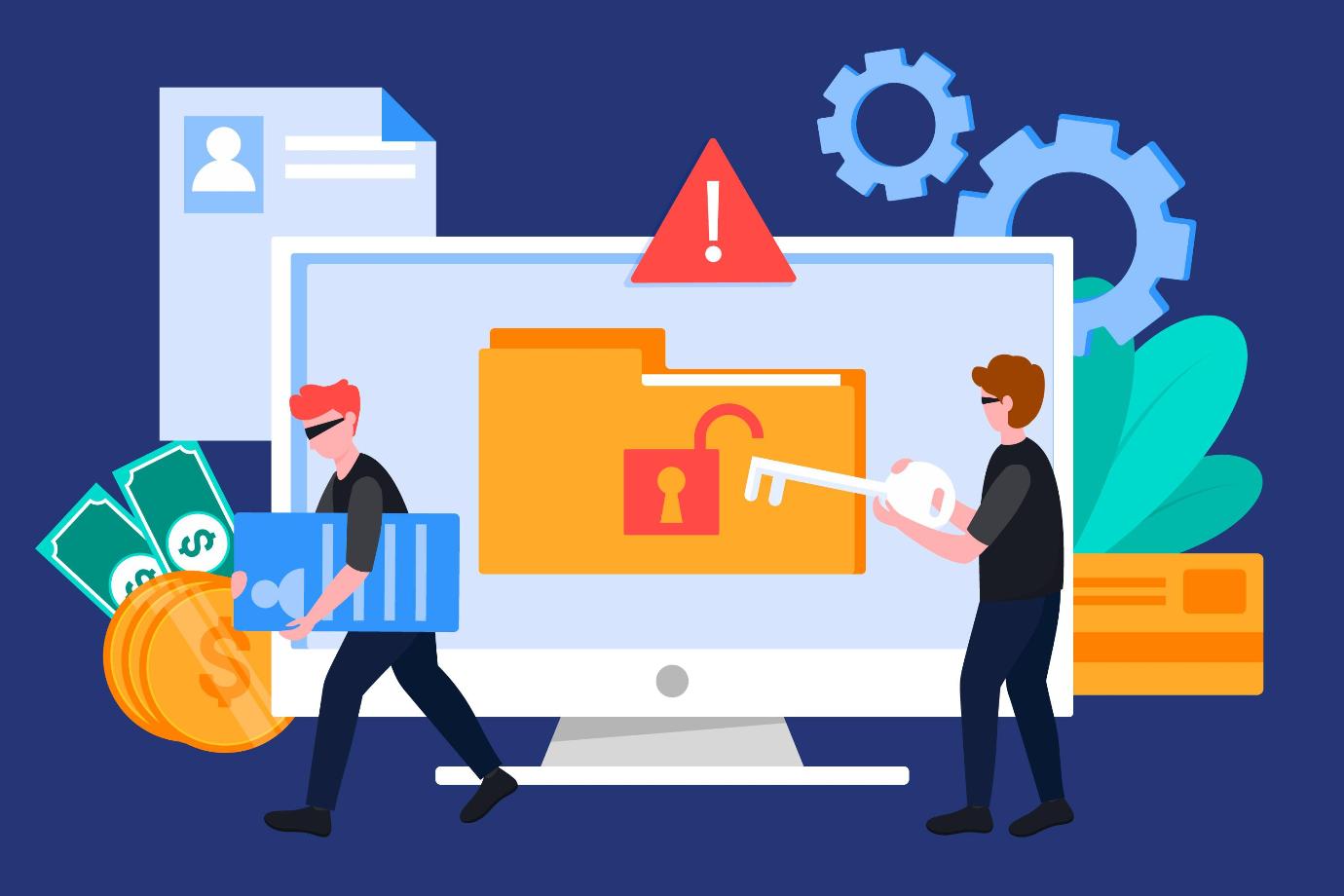These types of scams involve criminals exploiting remote access software to connect to a victim’s computer over the internet.
Remote Access scams will often begin with a browser pop-up saying that your computer is infected with a virus, or maybe a call from someone claiming to be from your bank saying that they need to connect to your computer in order to cancel a fraudulent transaction on your account. Regardless of the narrative the fraudster’s use, their goal is to steal your money or access your financial information by tricking you into allowing them to remotely connect to your computer.
In 2021, Action Fraud received over 20,000 reports of people falling victim to Remote Access scams with losses totalling over £57m. To help protect yourself from falling victim to this type of fraud, always remember:
- A tech company, telecommunications provider, bank or service provider will never contact you out of the blue requesting remote access to your device.
- Only install software or grant remote access to your computer if you’re asked by someone you know and trust, such as a friend or family member, and never as a result of an unsolicited call, browser pop up, or text message.
- Your bank will not ask you to reply to an e-mail with personal information, or details about your account. If you contact them, use a phone number/email address that you know to be true, rather than one sent to you in an email – it may be false.
- It is okay to reject, refuse or ignore requested. Only criminals will try to rush or panic you.
If you think you may have been a victim of a remote access scam:
- Protect your money by contacting your bank immediately on a different device from the one the scammer contacted you on.
- If you believe your laptop, PC, tablet or phone has been infected with a virus or some other type of malware, follow the NCSC’s guidance on recovering an infected device.
- Report it to Action Fraud on 0300 123 2040 or via actionfraud.police.uk. If you are in Scotland, please report to Police Scotland directly by calling 101.
Source: Remote Access Tool Scams








